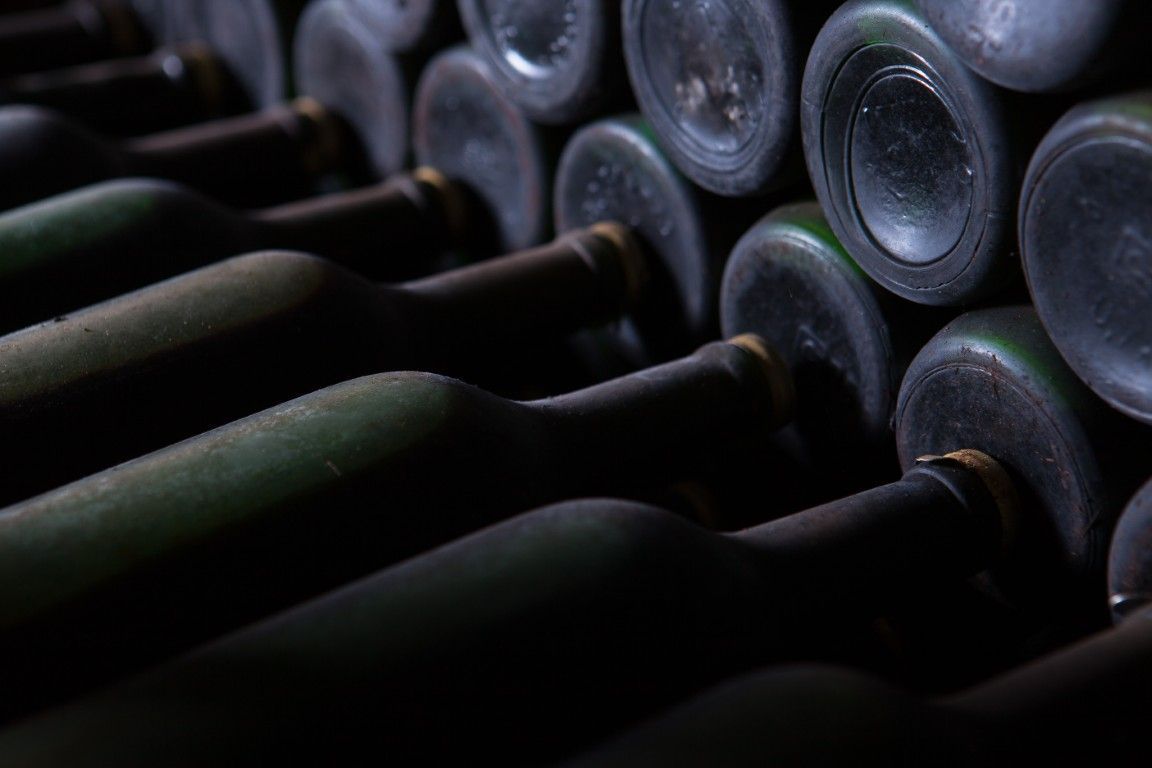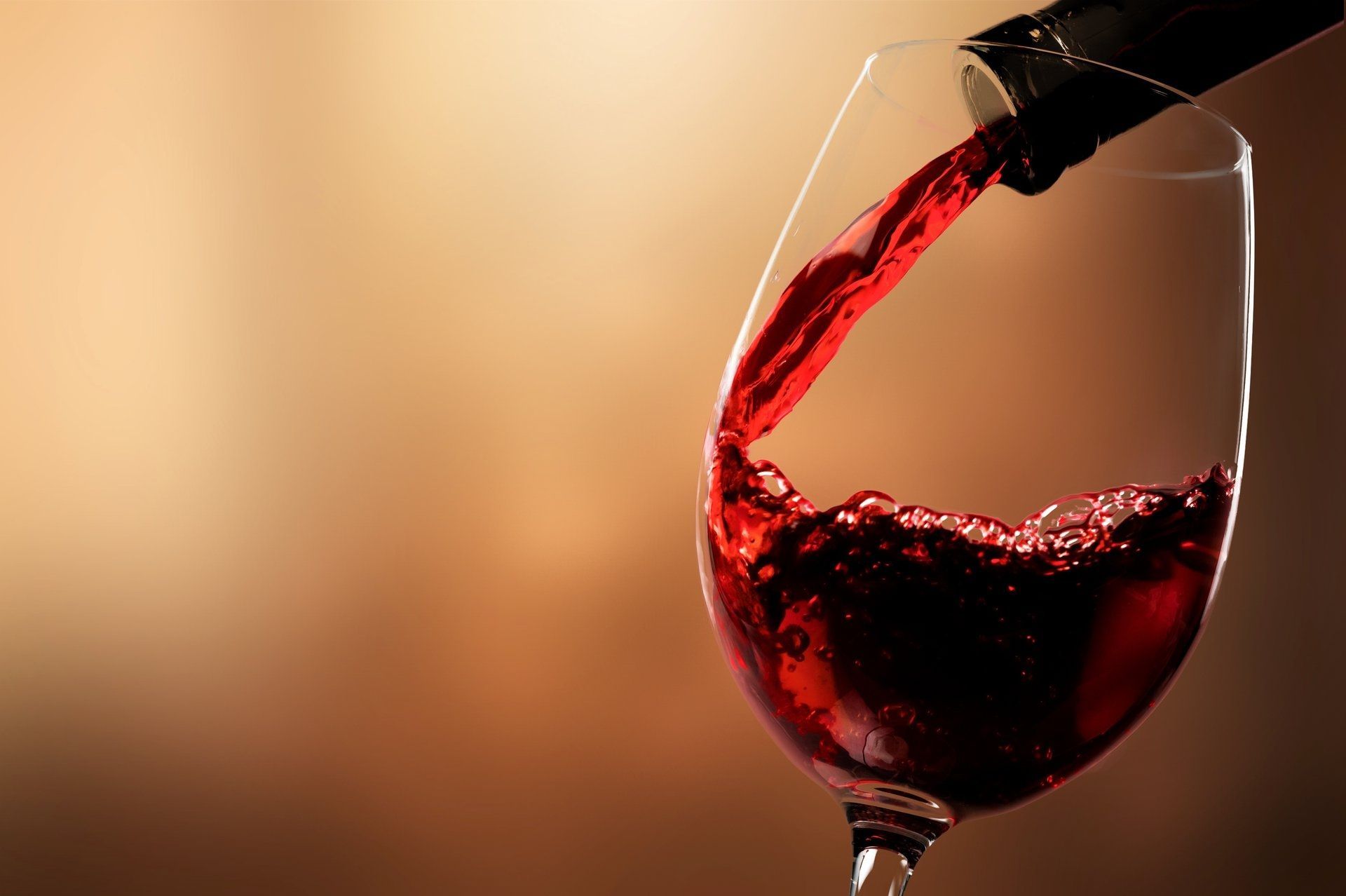Are you a manufacturer of wine, oil, or spirits bottles? Are you a producer of any of these products? Would you like to reduce your company’s environmental impact? Switch to synthetic stoppers. In this article, we will tell you some of the benefits of using them.
Currently, we are sure that your concern for the environment has increased, making you strive to reduce the carbon footprint generated by production processes. That is why, at Excellent Cork, as manufacturers of this type of product, we want to introduce you to this responsible and synthetic stopper. Keep reading to learn about all its features!
What are synthetic stoppers?
If you are looking to replace conventional stoppers with others made of 100% recyclable and reusable materials, the best alternative is synthetic stoppers. They are manufactured in different shapes and sizes, mimicking the appearance of natural cork and featuring various designs, such as the T-shape stopper.
They are made from polymers, an innovative material that offers several advantages. Primarily: greater consistency, reduced risk of trichloroanisole contamination, which can affect wine and give it a musty taste, and a range of sustainable benefits.
Although you might think otherwise, they are not just an option for wine, spirits, or cider. They are also used for mikados, olive oil, and some types of vinegar, which also need to preserve their aroma and flavor properties.
Advantages of synthetic stoppers
Using bio stoppers made from renewable synthetic materials instead of traditional ones provides a series of environmental benefits:
- Reduction of carbon footprint. At Excellent Cork, we are calculating our carbon footprint and registering it with the Ministry for the Ecological Transition and the Demographic Challenge, as we are committed to reducing it each year.
- The stoppers are 100% recyclable.
- Prevention of contamination. They prevent wine contamination with TCA, ensuring it does not lose its properties.
Innovations in synthetic stoppers
The push to find alternatives to natural cork in recent years has driven significant development in synthetic stoppers. These latest innovations have focused on quality, efficiency, and sustainability, making them an increasingly viable option in the wine industry.
Here are some advances:
- In quality
- High-quality polymers. They offer greater sealing properties and superior mechanical characteristics.
- Design and functionality. Greater precision in fitting the bottle neck, preventing leaks and improving aroma retention.
- Sensory neutrality. Inert materials that do not transfer unwanted flavors or odors to the wine, ensuring product purity.
- Efficiency and sustainability
- Responsible production. Use of renewable and recyclable materials, reducing carbon footprint and environmental impact.
- Reduction of TCA. Eliminates the “cork taint.”
At Excellent Cork, we have been offering custom designs and solutions for 20 years, with quality products and finishes as our hallmark. We are committed to ensuring your company’s satisfaction.
Contribution of synthetic stoppers to the circular economy
When talking about synthetic stoppers, we cannot forget to mention the circular economy. This system is inspired by nature, aiming to optimize resource use and minimize waste generation.
This is how synthetic stoppers contribute to the circular economy:
- Waste reduction:
- Reusable, reducing generated waste.
- Less dependence on natural cork.
- Production efficiency
- More efficient manufacturing.
- Fewer resources required, which also reduces environmental impact.
- Long-term sustainability:
- They can be produced from renewable materials.
- They contribute to the circularity of materials in the wine industry.
From our company, Excellent Cork, leaders in synthetic stopper production, we contribute to a circular economy applied to our industrial production by creating more durable products and through waste management, promoting recycling.
If you need to reduce the environmental impact of your wine business, this is one of the best options available to you. If you need more information, contact us, and we will be happy to assist you.





